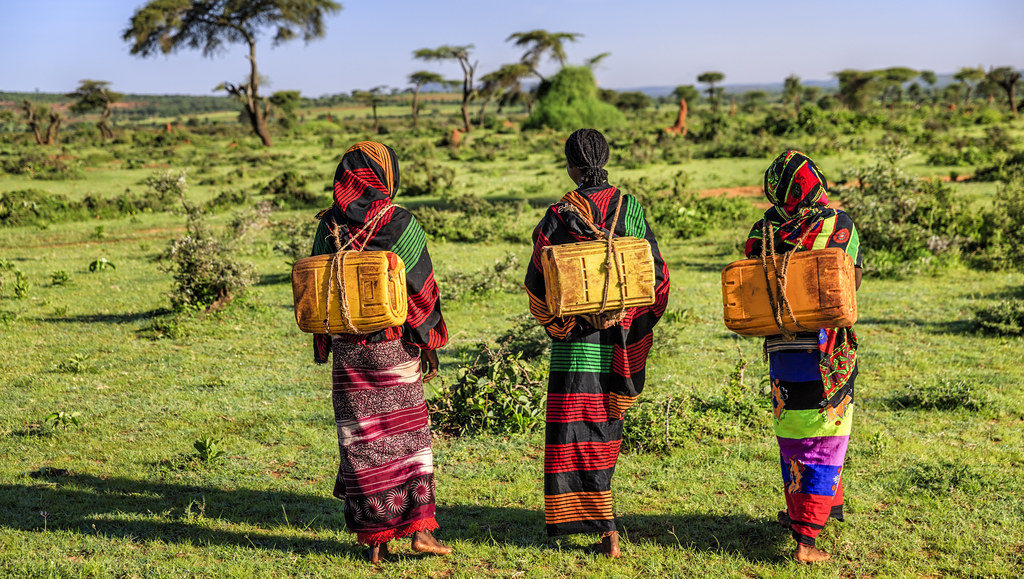A recent event, organised by our Institute for Policy Research (IPR) and Centre for Development Studies (CDS), focussed on the question ‘where next for UK aid post-Brexit?’
Direction of development aid
In 2015, the UK International Development Act set a target to spend 0.7% of UK Gross National Income on overseas development aid each year enshrining in UK law a UN aim first established in the 1970s. This now means that that for every £100 generated in the UK, 70p goes towards foreign aid. In 2016 the UK spent £13.4 billion on overseas aid, in line with the target.
According to FullFact, humanitarian aid, or crisis relief accounts for around 15% of UK development aid, with the rest focused on strategic or long-term goals. This is split between funding to multilateral organisations, like the UN, and bilateral aid to specific countries. The five biggest recipients of UK bilateral aid are Pakistan, Syria, Ethiopia, Nigeria and Afghanistan.
Set against this backdrop, faced with the political and economic realities of Brexit, and coupled with a vision for the UK international development – as set out by International Development Secretary Penny Mordant, that ‘Brexit was never about withdrawing from the world, it was about engaging with it more and more directly’ - the event considered the future direction of development aid.
Speakers debated long-standing policy questions over what the UK development aid budget should be, where it should be channelled, and the relative effectiveness of different aid programmes. They also addressed the challenge posed from certain commentators that ‘charity should begin at home’, specifically that domestic priorities should trump international ones. Joining members of our IPR and CDS will be Amy Dodd, Engagement Lead of Financing for Development at Development Initiatives and Richard Darlington, Head of Strategic Communications for Well Told Story.
Professor James Copestake, from Bath’s Centre for Development Studies, explained: “Under the shadow of Brexit the UK’s role in the international aid system is being recast. There is more weight to national interests and global goals, less to helping the poorest; more emphasis on blending aid with private finance, and more debate over how to define official development assistance.
“Meanwhile public and professional perceptions of aid allocation and impact are further apart than ever, and the politics of Brexit is reshaping UK and EU aid relations. And all the while climate change, migration, rising powers, resurgent populism, new conflicts and old continue to demand global responses.
“These are complex debates, with much at stake, and there is much to discuss.”
A different kind of development
One of the more specific policy mechanisms which the UK government has recently used to shape our international development response is through the Global Challenges Research Fund (GCRF) – a five-year £1.5 billion funding stream.
GCRF is part of the UK’s Official Development Assistance commitment, to support developing countries through cutting-edge research and is something Bath researchers, in particular those from the Department of Social & Policy Sciences, have been successful in drawing on.
These include:
- A project focused on implementing sustainable social work interventions in low and middle income countries (focusing on South Africa and Tanzania) – led by Dr Louise Brown;
- A project mapping opportunities for improving environmental sustainability of artisanal gold mining in Sierra Leone – led by Dr Roy Maconachie.
- A project focusing on menstrual taboos and menstrual hygiene policy in Nepal – led by Dr Melanie Channon;
- A project focused on policy responses to extreme poverty in Bangladesh – led by Professor Joe Devine.
Many of these projects involve interdisciplinary teams from across the University and all are partnered with universities, institutions and academics in developing countries. The SPS projects complement additional successful GCRF funding awarded to other Bath researchers from across other Departments and Faculties.

